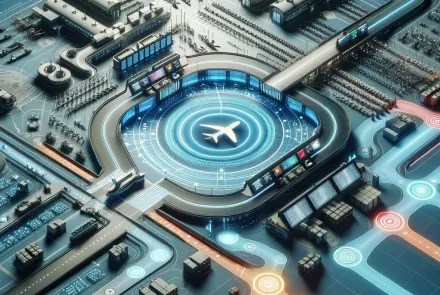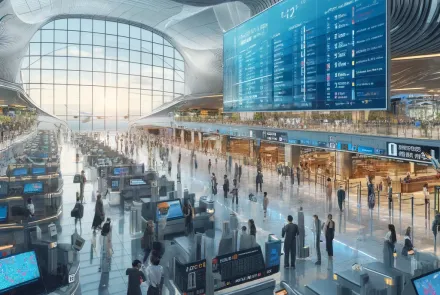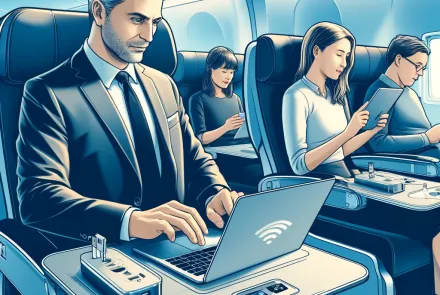Flying Forward : The Future of Business Travel in Corporate Aviation
Corporate aviation plays a vital role in facilitating business travel for executives, professionals, and corporate teams worldwide. As the landscape of business travel evolves, driven by technological advancements, changing workforce dynamics, and global events, the future of corporate aviation faces both opportunities and challenges.
1. Technological Advancements Driving Efficiency:
- Technological innovations, such as digital booking platforms, mobile apps, and online travel management systems, are streamlining the booking process, enhancing traveler convenience, and improving operational efficiency in corporate aviation.
- Business travelers increasingly expect seamless digital experiences, real-time updates, and personalized services, prompting corporate aviation providers to invest in digital transformation initiatives and adopt innovative technologies to meet customer expectations.
2. Shifts in Workforce Dynamics:
- Changing workforce demographics, including the rise of remote work and flexible scheduling arrangements, are reshaping business travel patterns and preferences. As more companies embrace remote and virtual collaboration tools, the frequency and purpose of business travel may evolve.
- Corporate aviation providers must adapt to changing workforce dynamics by offering flexible travel options, customizable solutions, and value-added services that cater to the needs of modern business travelers.
3. Sustainability and Environmental Responsibility:
- Environmental sustainability has emerged as a key consideration for corporate travelers and organizations seeking to minimize their carbon footprint and environmental impact. Increasing awareness of climate change and sustainability issues is driving demand for greener travel options and carbon offset programs.
- Corporate aviation providers are exploring sustainable aviation fuels, electric aircraft, and carbon offset initiatives to reduce emissions and promote environmentally responsible travel practices. Sustainability efforts can enhance corporate brand reputation and attract environmentally conscious travelers.
4. Health and Safety Considerations:
- The COVID-19 pandemic has heightened awareness of health and safety considerations in business travel, leading to increased focus on cleanliness, hygiene, and infection control measures. Business travelers prioritize health and safety protocols when selecting travel providers and accommodations.
- Corporate aviation providers implement rigorous health and safety measures, including enhanced cleaning protocols, social distancing measures, and health screenings, to protect passengers and crew and instill confidence in business travelers.
5. Regulatory Compliance and Security Challenges:
- Regulatory compliance, security concerns, and geopolitical risks pose challenges for corporate aviation operations, particularly for international travel and cross-border transactions. Compliance with aviation regulations, customs procedures, and immigration requirements is essential to ensure smooth travel experiences for business travelers.
- Corporate aviation providers must stay abreast of regulatory changes, security threats, and geopolitical developments to anticipate challenges, mitigate risks, and ensure compliance with applicable laws and regulations.






